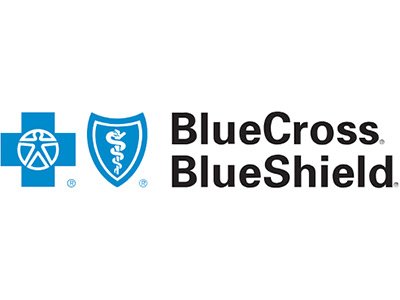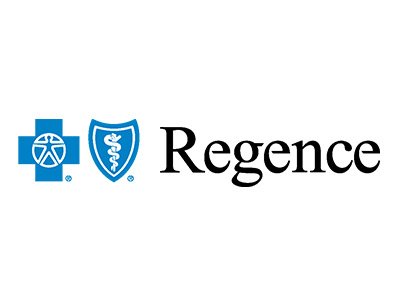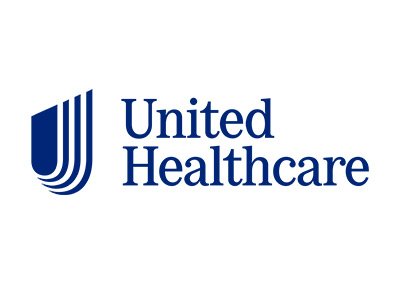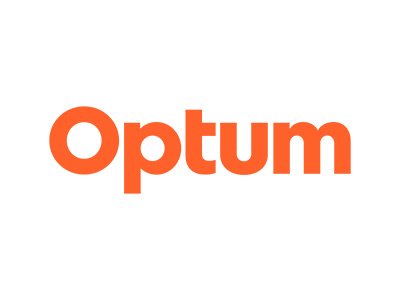What states do you work in?
We have offices in Colorado and WA but we see clients all over the United States! We can see clients virtually in Nevada, Kentucky, Minnesota, New York, Arizona, Wisconsin, Kansas, Missouri, Alabama, Illinois, Connecticut, California, Florida, Washington DC, Maryland, Oregon, Texas, New Hampshire, Utah, Virginia, Wyoming, Georgia, Michigan, Pennsylvania, and Ohio.
We are moving more virtual because our goal is to make nutrition counseling as accessible, affordable, and stress-free as possible. Appointments with your dietitian are rooted in conversation. We have found that exchanging information during nutrition counseling sessions is far more effective and less stressful when you aren’t rushing to get to our office or worried about getting stuck in traffic. Want to talk to your dietitian in your pjs? Feel free! We use HIPAA-compliant Zoom for all of our appointments so you can easily and comfortably connect from home, work or wherever you are, on any device you choose.




























Recent “graduate” from Side by Side Nutrition. I started working with SBSN to figure out how food worked after having an eating disorder for years. And I’m so happy I got so much more than that! SBSN introduced me to Self-Compassion and met me with an approach that never included shaming me. I looked forward to our sessions every week, even if I hadn’t done any of my work, because I knew she’d be understanding and work with me to figure out what I needed to make it happen. And none of that compassion and presence was lost when we had to switch to telehealth. When I started, I didn’t think healing from an eating disorder was possible. And I never in my wildest dreams imagined that I’d come out of it with an unshakable love for my body (certainly not a plus size body with chronic illness)! I’m so glad circumstances sent me here because I know I wouldn’t have gotten to this place with my previous dietician! I am STRONG, I am CONFIDENT, and I am in LOVE with myself! Thank you so much for helping me on my journey here! It wasn’t easy, but it was so worth it!
Michaela Myers